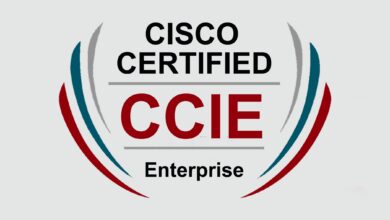
Unlocking Potential: How Private Equity Firms Use Share Incentives
Private equity (PE) firms wield a significant influence in the financial landscape, reshaping industries, revitalizing stagnated companies, and even birthing market leaders. Central to their toolkit for engendering growth and loyalty is a nuanced instrument: share incentives. This article unravels the interplay between PE firms and share incentives, illustrating how this synergy unlocks unprecedented value.
Understanding Private Equity Firms
Private equity firms are specialized financial institutions that pool capital from investors to buy and take control of businesses, typically with an endgame of improving them and selling at a profit. Their core objectives span from turning around underperforming companies to accelerating growth trajectories. They usually target firms that have untapped potential — be it nascent startups, family-run businesses, or public companies that could fare better privately. This is primarily done through professionalism and experience which is something FD Capital excels in.
The Role of Share Incentives

At its core, a share incentive is an offering of a company’s stock (or options to buy stock) to its employees or key stakeholders. Private equity firms deploy this strategy to bind the destiny of the company’s talent to its financial performance. This mutually beneficial arrangement allows employees to partake in the company’s success, while simultaneously ensuring that they remain committed and driven to achieve the company’s objectives.
Motivating Key Stakeholders
Share incentives are potent motivators. By tying a portion of an individual’s compensation to the company’s success, these incentives make the employee’s personal financial success symbiotic with that of the firm. This not only incentivizes stellar performance but also nurtures a culture of ownership and long-term thinking. The promise of significant financial rewards upon achieving specific milestones ensures that the interests of employees harmonize with the broader goals of the firm.
Attracting and Retaining Talent
In the fierce battle for top-tier talent, shared incentives serve as a formidable weapon. For high-caliber professionals, the lure of a regular paycheck can pale compared to the allure of a stake in a potentially successful company. Moreover, the longer they stay and contribute positively, the more they stand to gain. This promise of escalating rewards cements loyalty, reducing turnover and ensuring continuity of strategy and vision, bestowing a tangible competitive edge.
Aligning Interests with Investors
Private equity firms operate with a clear mandate: maximize returns for their investors. Share incentives serve as a bridge, aligning the aspirations of company management with investor expectations. When key decision-makers have skin in the game, they’re more likely to prioritize profitability and efficiency. Numerous success stories pepper the industry landscape, where alignment via share incentives translated to exponential value creation, benefiting both investors and management.

Risks and Challenges
However, it’s not all rosy. Implementing share incentives comes with its pitfalls. There’s the risk of ownership dilution for existing shareholders, potentially eroding their control and influence. Then there’s the convoluted accounting landscape and regulatory minefield that companies must navigate. A misstep could lead to significant fines or even reputational damage. It becomes imperative, then, for firms to be judicious in structuring these incentives, ensuring they’re fair, transparent, and in line with prevailing regulations.




